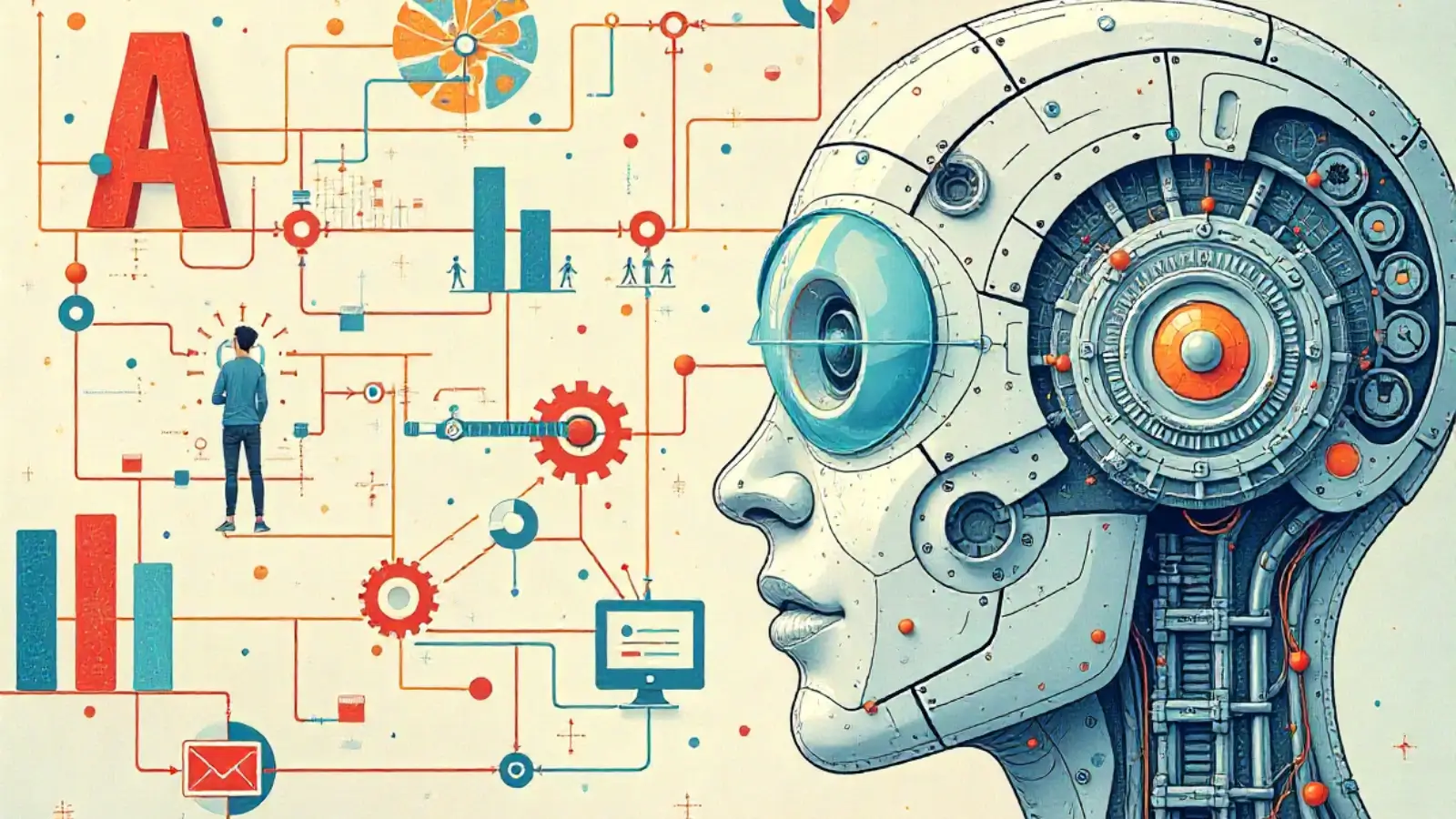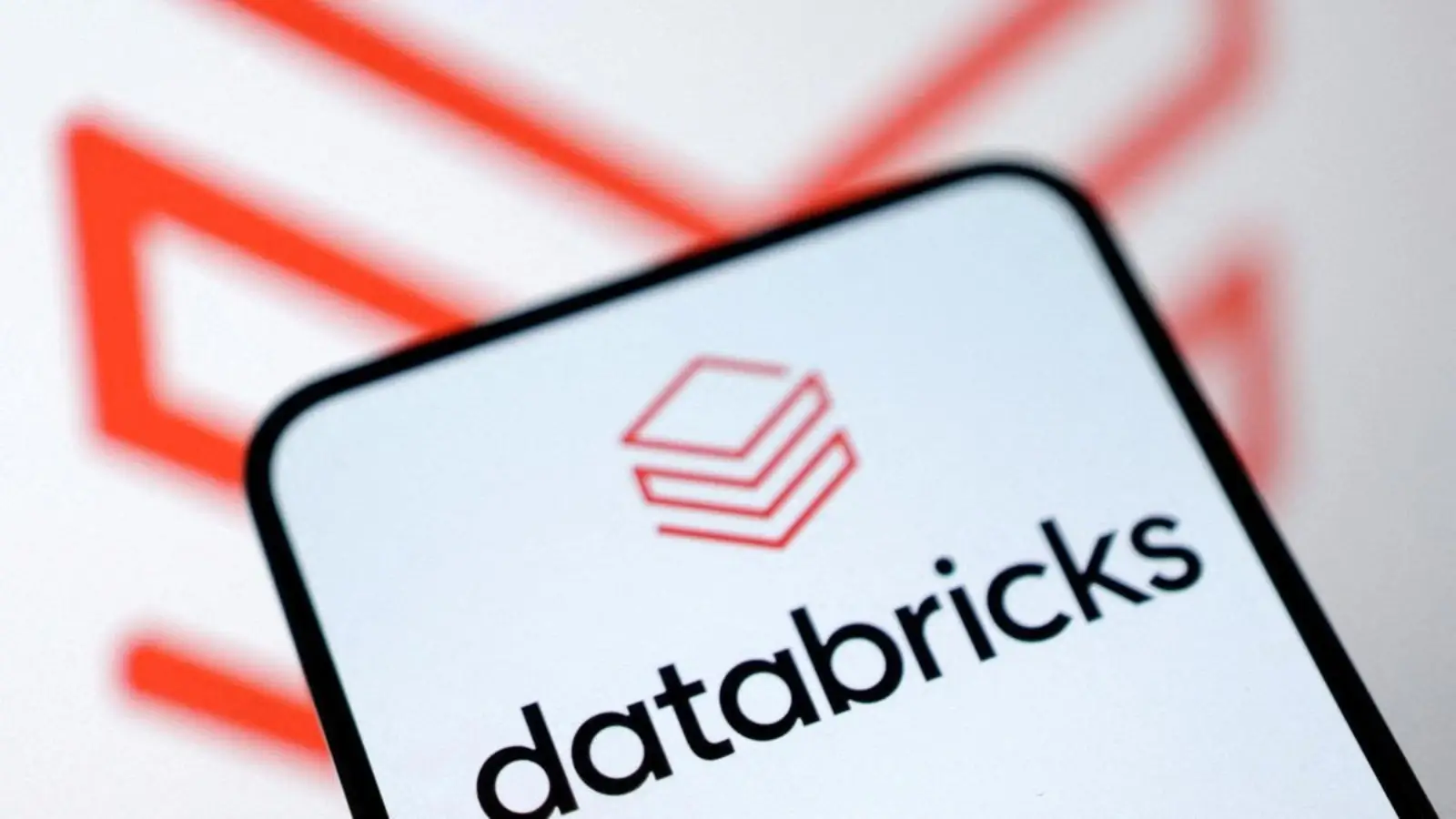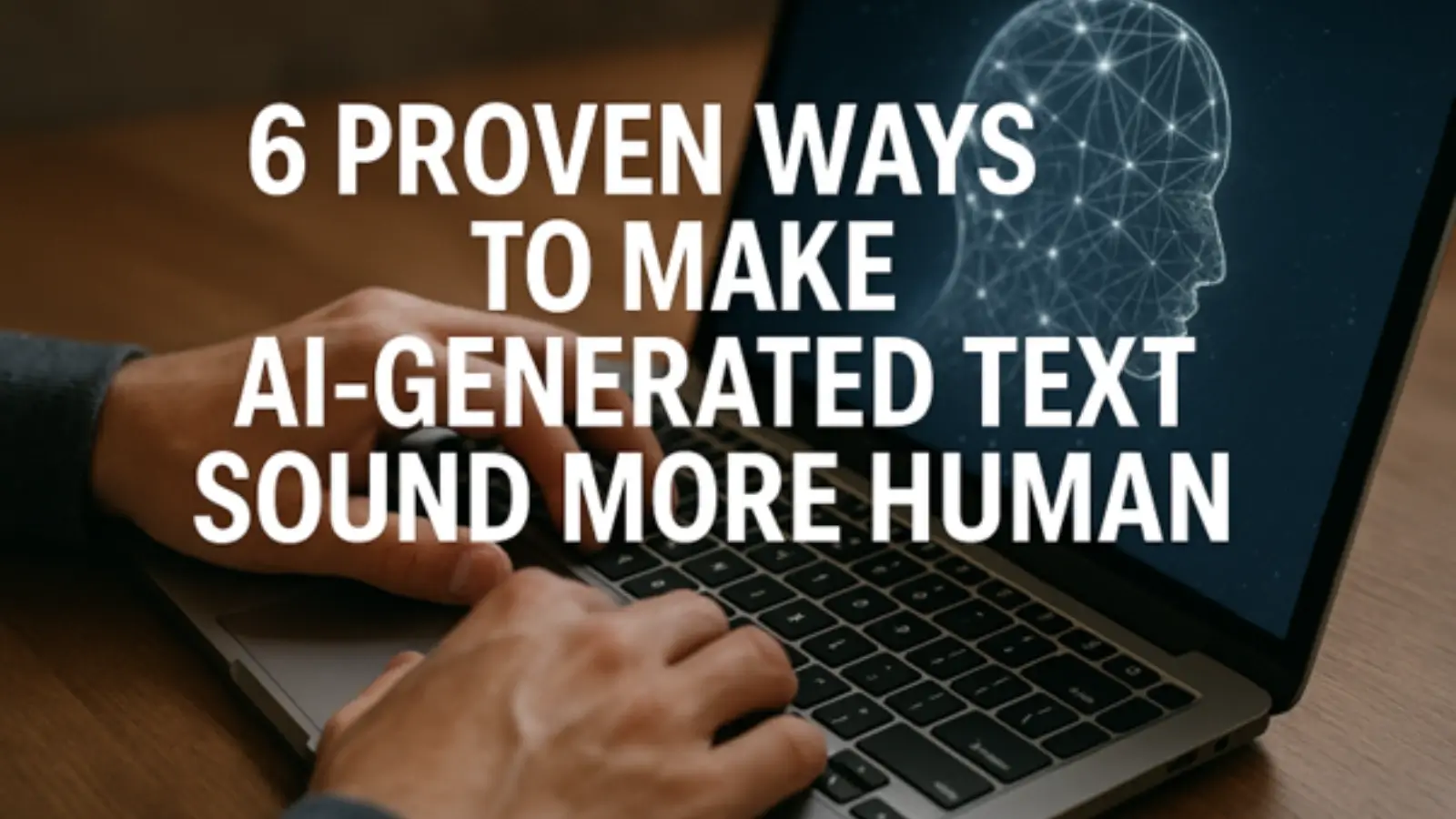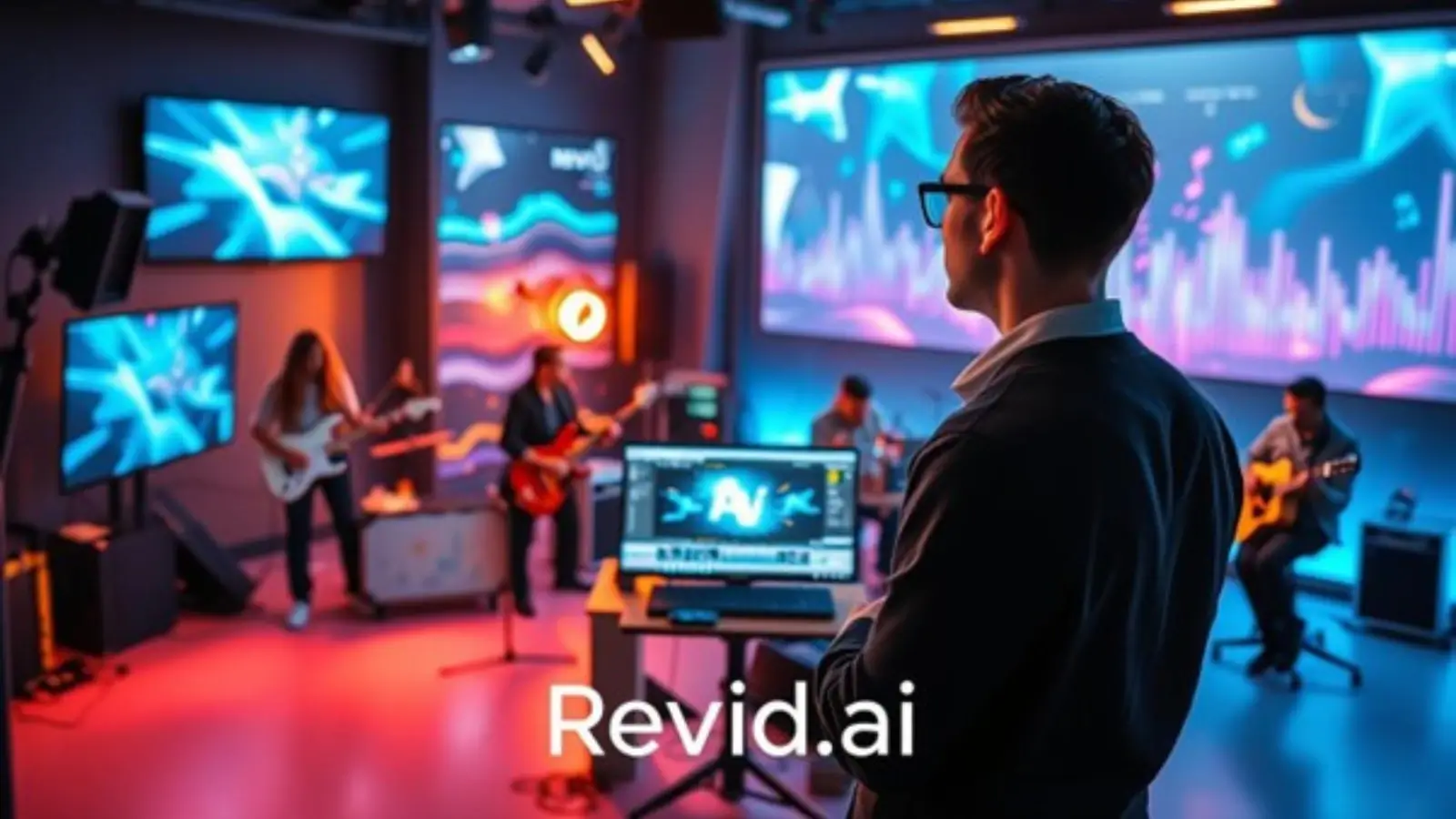With increasing incorporation of artificial intelligence into content production and dissemination, the question of whether the machine can over-write the journalist is no longer a hypothetical one it's now a matter of urgency. Amidst this revolution of technology and culture, Otherweb CEO and founder Alex Fink has a pragmatic perspective beyond the black-and-white dualism of machine and human. According to Fink, it's not so much a question of whether AI will replace journalists as whether it will allow us to rethink journalism itself.
A Broken Information Ecosystem
Fink's entry into AI and media was a result of profound frustration with the value of content online. In interviews on platforms such as Unite.AI, The Jim Rutt Show, and Emerging Tech Brew, he describes a grim reality: today's news frequently optimized for clicks, not value or truth. Headlines crafted to be clicked on, stories slanted to be outraged, and facts sometimes lost in the maelstrom of the 24/7 news cycle.
This is not a criticism it's a call to action. Fink sees AI as a potential corrective force, not a threat. But only if it's applied with rigor, transparency, and purpose
Otherweb's Model: Curation Over Generation
Otherweb, Fink's company, uses AI to screen, select, and refine what we read as opposed to churning out endless streams of data. The service gathers material from across the web and uses machine learning software to evaluate credibility, remove bias, and reduce material to its most essential points. This puts AI in the role of co-pilot, helping consumers sort through the static to get to what is genuine and what's worthwhile.
What distinguishes Otherweb in the dense field of AI-content is its philosophy: technology must serve human comprehension, not hijacking attention. As Fink describes, Otherweb is attempting to create a "mindful digital diet," as opposed to the junk-food-like consumption of media that existing media platforms encourage.
Can AI Write Better
The question of whether or not AI is capable of writing "better" than humans is a question of the definition of "better." AI excels at producing coherent, well-structured text quickly and at scale. It's fine for summarizing big data, generating repetitive reports like earnings reports, and even generating headlines.
But actual journalism, exemplified by ethical judgment, critical thinking, story sense, and contextual awareness, remains in human hands. Fink acknowledges that difference. He tends to label generative AI as "overconfident yet untrustworthy," citing the tendency of these AI systems to invent facts or misrepresent the context when it is not monitored.
In Fink's vision, the hope is not that AI outperforms human writers across the board. Instead, it's to allow humans to be great at what they're great at, asking difficult questions, finding stories that matter, and building trust with readers while allowing AI to do the heavy work behind the scenes.
Ethics and Transparency
One of Fink's most recurring themes is the need for transparency. He cautions against the unregulated use of AI tools in newsrooms without identification or regulation. If a piece is AI-generated or heavily augmented by AI, readers must be told. In an age of deepfakes and algorithmic deception, trust is more tenuous and more important than ever.
Fink suggests that everything material augmented by AI must be open in its disclosures and also be put under editorial scrutiny. This is not merely an ethical issue it is about maintaining the integrity of journalism as a vocation.
Looking Ahead
Fink is not a utopian. He is not hoping to have AI rescue journalism in some autonomous fashion, nor is he hoping to have it as an enemy. Rather, he is arguing for a middle path, one where AI assists and amplifies human judgment, rather than displacing it. What he is working to do with Otherweb is build the tools and structures that could help make that kind of future possible.
While media continues to change under the pressure of powerful generative technologies, the issue is less about whether AI will be able to write better but about what type of writing, and journalism, we wish to maintain. For Alex Fink, the future is not about deciding between humans and AI, but about designing systems in which both will prosper.

















